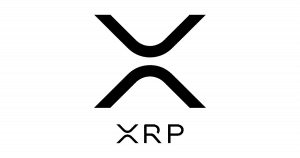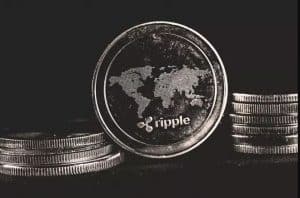Post Views: 21
Key Takeaways
- Lido DAO (LDO) is a decentralized autonomous organization (DAO) that focuses on providing staking infrastructure for various blockchain networks.
- Users can stake their ETH and get stETH (Lido staked ETH) in return.
- The Lido protocol itself runs on Ethereum and utilizes smart contracts to handle user deposits and distribute earned staking rewards.
What Is Lido DAO (LDO)?
Lido DAO (LDO) is a project that simplifies staking cryptocurrencies on the Ethereum blockchain and similar platforms. Traditionally, staking involves locking up your crypto assets for some time to help validate transactions on a blockchain and earn rewards. Lido DAO tackles the inconvenience of locking assets by offering a liquid staking solution.
Overall, Lido DAO’s goal is to make staking easier and more accessible for everyone, while promoting decentralization and community involvement.
How Does Lido DAO (LDO) Work?
Lido DAO (LDO) functions as a liquid staking solution on the Ethereum blockchain, allowing users to earn staking rewards on their assets without locking them up for extended periods. Here’s a breakdown of how it works:
1. User Deposits
Users deposit their cryptocurrency (like ETH) into the Lido DAO platform.
2. Node Operators
Lido DAO partners with various validator nodes responsible for validating transactions on the Proof-of-Stake (PoS) blockchain. The Lido DAO community also votes on selecting these reliable and secure node operators.
3. Staking Pool
Deposited user funds are pooled together. Lido DAO uses these pooled funds to participate in staking on the PoS blockchain (e.g., Ethereum 2.0).
4. stTokens (Liquid Staking Tokens)
Users receive liquid staking tokens, like stETH for staked ETH in return for their deposits. These stTokens represent a user’s stake in the Lido DAO platform and track the underlying asset’s value (e.g., 1 stETH represents 1 ETH).
5. Earning Rewards
Validator nodes earn staking rewards for validating transactions on the blockchain. Some of these rewards are distributed to Lido DAO users who hold stTokens.
6. Governance (LDO Token)
The LDO token is Lido DAO’s governance token. LDO holders have voting rights on crucial decisions regarding the Lido DAO platform, such as fees, validator selection, and future upgrades.
Lido DAO (LDO) Token And Tokenomics
Tokenomics
The LDO token is Lido DAO’s native cryptocurrency. It is used for:
- Earning Rewards
- Governance
Token Details
Total Supply 1,000,000,000 LDO
Circulating Supply 891,731,343 LDO
Current Price $2.06
Market Capitalization $1,837,635,564
This information is current as of April 17th, 2024, and the token’s price, market value, and available supply may fluctuate.
Distribution
- Founders and Future Employees (15%)
- Initial Lido Developers (20%)
- Investors (22.18%)
- Validators and Signature Holders (6.5%)
- DAO Treasury (36.32%)
Where Can I Buy Lido DAO (LDO)?
Binance – Binance is a major exchange offering a wide range of cryptocurrencies. It offers multiple ways to buy crypto, including credit cards, debit cards, and peer-to-peer (P2P) trading.
Coinbase – Coinbase is an American-based cryptocurrency exchange that allows you to buy cryptocurrencies using various payment methods, including bank transfers, debit cards, and wire transfers.
Kraken – A reputable exchange known for its security and compliance, Kraken offers a lot of trading pairs with various funding methods, including bank transfers and stablecoins.
Is Lido DAO (LDO) A Good Investment?
Pros
- Easy Staking – Lido offers a user-friendly platform for staking various cryptocurrencies, eliminating the need for complex setup or maintaining validator nodes.
- Liquidity – Lido provides users with liquid staking tokens (like stETH for staked ETH). These tokens can be traded on exchanges, allowing users to access liquidity while their original assets are staked.
- Decentralized Governance – LDO holders have voting rights on Lido DAO proposals, promoting community-driven decision-making.
Cons
- Smart Contract Risk – Lido’s platform relies on smart contracts, which are susceptible to bugs or exploits if not properly coded and audited.
- Technical Risk – Lido is built on Ethereum 2.0, which is still under development. Any issues with Eth2 could impact Lido.
- Adoption Risk – The value of Lido’s liquid staking tokens is tied to the adoption of the underlying asset (e.g., ETH for stETH).
Final Thoughts
Whether Lido DAO (LDO) is a good investment depends on your risk tolerance and goals. Remember, this guide provides a starting point for your research. Always conduct your due diligence before making any investment decisions.










